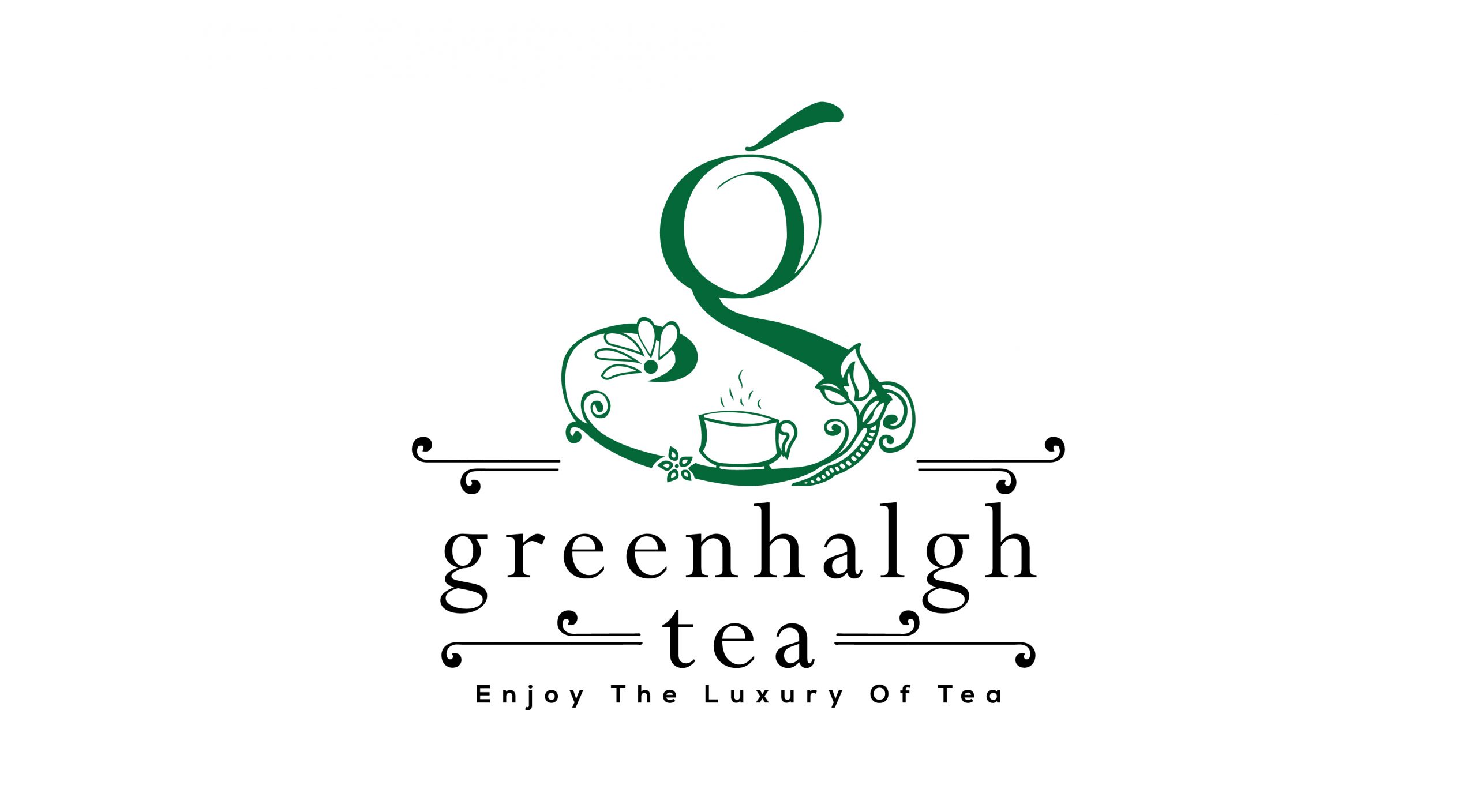| My wish for all of you is a comforting pot of tea to enjoy with those sharing your bunker. Social distancing and the lack of essentials to purchase by those brave enough to venture out during the outbreak of COVID-19, for many has triggered recollections of WWII. For the British, memories of rationing, blackouts and the blitzing of London are shared on TV, on Facebook and in family conversations. Rations always included tea. Tea represented family, community & country. Churchill felt it was more important than ammunition. All sailors on ships had unlimited tea and every one of the 20 million Red Cross packages contained a quarter pound of Twinings tea. In 1942, Great Britain bought up all the tea available in the world, except from Japan. This purchase, by weight, was just behind the purchase of bullets. Tea not only kept the men in uniform hydrated, it also helped keep up morale by providing this important and reassuring bit of home. Hitler and the German High Command knew of tea’s importance to the British. The sustained bombing of 1941 was focused on one primary target: Mincing Lane or the Street of Tea where the Germans thought the tea was stored. Thank goodness, Mincing Lane just held records and the tea was stored someplace else. As you make your pot of tea today to enjoy with those sharing your home at this time, remember it was also a cup of comfort to all those who came before you in times of calamity & war. “Shall I make you a cup of tea? He asked. It was the classic response to crisis practiced throughout these islands—in England, Scotland, and elsewhere. Emotional turmoil, danger, even disaster could be faced with far greater equanimity if the kettle was switched on. War has been declared! There’s been a major earthquake? The stock market has collapsed! Oh, really? Let me put the kettle on…” Alexander McCall Smith’s book The Revolving Door of Life: |
+1-610-800-9597






Leave a Comment